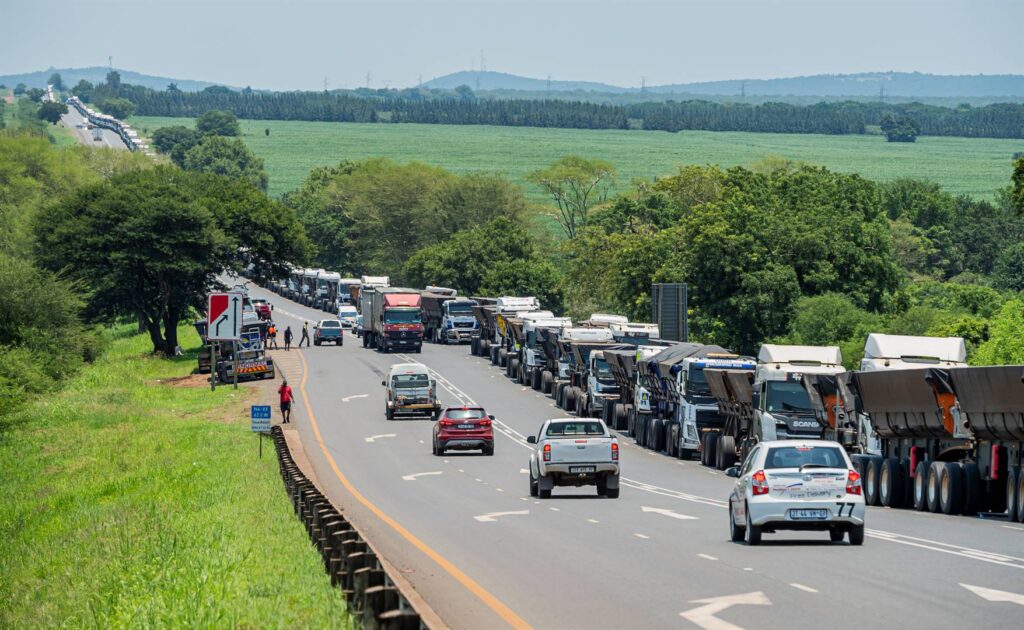In a challenging economic landscape, Exxaro Resources, SA’s largest coal miner, has reported a significant 29% decline in its interim earnings. The announcement, attributed to a drop in coal prices and reduced sales volume, underscores the pressures faced by the coal sector. Furthermore, the financial setback has prompted Exxaro to reconsider its transportation strategy, highlighting ongoing challenges with the state rail system.
Exxaro’s interim earnings report reflects the volatile nature of the global coal market, which has been marked by fluctuating prices and demand dynamics. The 29% decline in earnings is indicative of the impact that these market conditions have had on the company’s profitability.
Contributing to the earnings decrease are the challenges associated with both coal prices and sales volumes. As coal prices experience downward pressure, mining companies like Exxaro face reduced revenues for their products. In conjunction with this, a decrease in sales volume further compounds the financial strain.
The most notable consequence of Exxaro’s earnings decline is the reconsideration of its transportation methods. The financial setback has rendered the transportation of products by road no longer viable for the company. Instead, Exxaro is exploring alternative strategies to transport its coal products, particularly due to ongoing difficulties with the state rail system.
Transnet’s rail system has long been a point of contention, marred by inefficiencies and disruptions that hinder the smooth movement of goods. For Exxaro and other coal mining entities, the state rail system’s challenges have prompted the need for alternative transportation solutions to ensure timely delivery to customers.
Exxaro’s group manager of marketing and logistics, Sakkie Swanepoel said, “We were transporting by truck until the economics deteriorated to the extent where it just didn’t make sense to us, specifically at prices below $100/tonne.
“It is a continuous journey [given that] we are in a period when [Transnet] is not going to be … our solution for our export ambitions for more than a year into the future. We will need to find other routes in addition to railing coal to Richards Bay, and that includes looking at all other ports whether it is by truck or by rail. We are looking at all the options.”
Exxaro’s situation underscores the broader issue of infrastructure challenges in South Africa and their impact on the business landscape. The inadequate state of the rail system not only affects the coal sector but also has ripple effects on other industries dependent on efficient transportation.
The challenges faced by Exxaro and its peers in the coal sector highlight the need for adaptable strategies to navigate the dynamic energy market and infrastructure limitations. The outcome of these efforts will likely play a significant role in determining the sector’s ability to weather economic fluctuations and maintain operational viability in the years to come.
